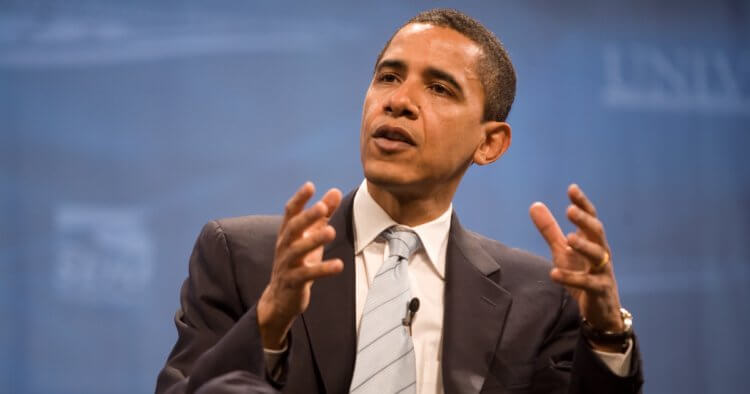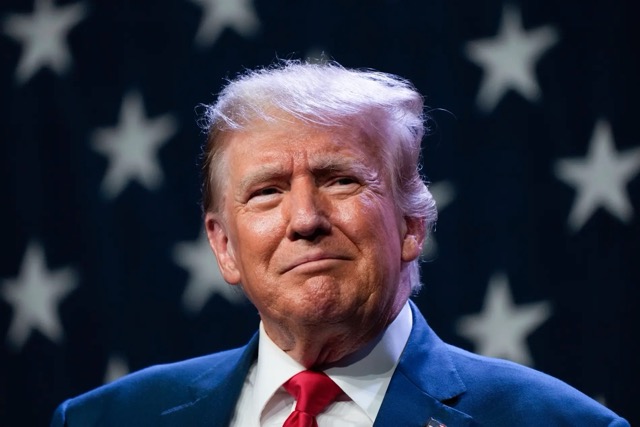The FBI officials responsible for launching the discredited Russia collusion probe into Donald Trump reportedly had intelligence linking former Attorney General Loretta Lynch to the scandal—but opted not to pursue it, fearing political fallout.
Declassified documents from Special Counsel John Durham’s annex, released by Senate Judiciary Committee Chairman Chuck Grassley, reveal that in March 2016, top FBI leaders, including then-Deputy Director Andrew McCabe, informed Associate Deputy Attorney General David Margolis about two Russian-language memos and emails. These communications, allegedly hacked by individuals tied to Russian intelligence, were deemed “likely not to be credible.” One memo claimed the Clinton campaign “regularly receives information from Attorney General Loretta Lynch on the plans and intentions of the FBI,” and further alleged President Obama was using Lynch to “pressure” then-FBI Director James Comey to suppress Clinton-related controversies during the election.
A memo dated August 12, 2016, noted the FBI considered the information “hearsay” and “unreliable because of translation errors,” and possibly distorted by “exaggeration” and “editorialization.”
7/ And there we have it! pic.twitter.com/zPDJg8Efgf
— Margot Cleveland (@ProfMJCleveland) July 31, 2025
Although the FBI sought further insight from a source labeled “T1,” they received “no responsive information.” Despite having multiple covert investigative tools at their disposal to verify whether Lynch had communicated with Clinton campaign officials, the Bureau halted further action.
Comey later told the Inspector General that the report implicating Lynch “not credible on its face.” However, FBI Deputy General Counsel Trisha Anderson stated that Comey was swayed by Margolis’ hesitation about probing someone as prominent as the Attorney General. Margolis reportedly warned that launching such an investigation would mean “we’re investigating the Attorney General of the United States,” and said Comey “ought to have more of a reason to go forward with it than what you have.”
In stark contrast, those same FBI officials had no such reservations when initiating an aggressive, years-long investigation into Trump based on the Steele dossier—an opposition research document later revealed to be riddled with false claims and unsupported by credible intelligence.
The double standard is difficult to ignore. While Lynch was shielded from scrutiny despite compromising allegations, Trump was targeted with a baseless investigation that evolved into a prolonged political firestorm. Nearly a decade later, the effects of that partisan-driven lawfare still linger, highlighting a justice system that critics say remains deeply two-tiered.
 Telegram is where we really talk. Don't miss out!
Telegram is where we really talk. Don't miss out!







